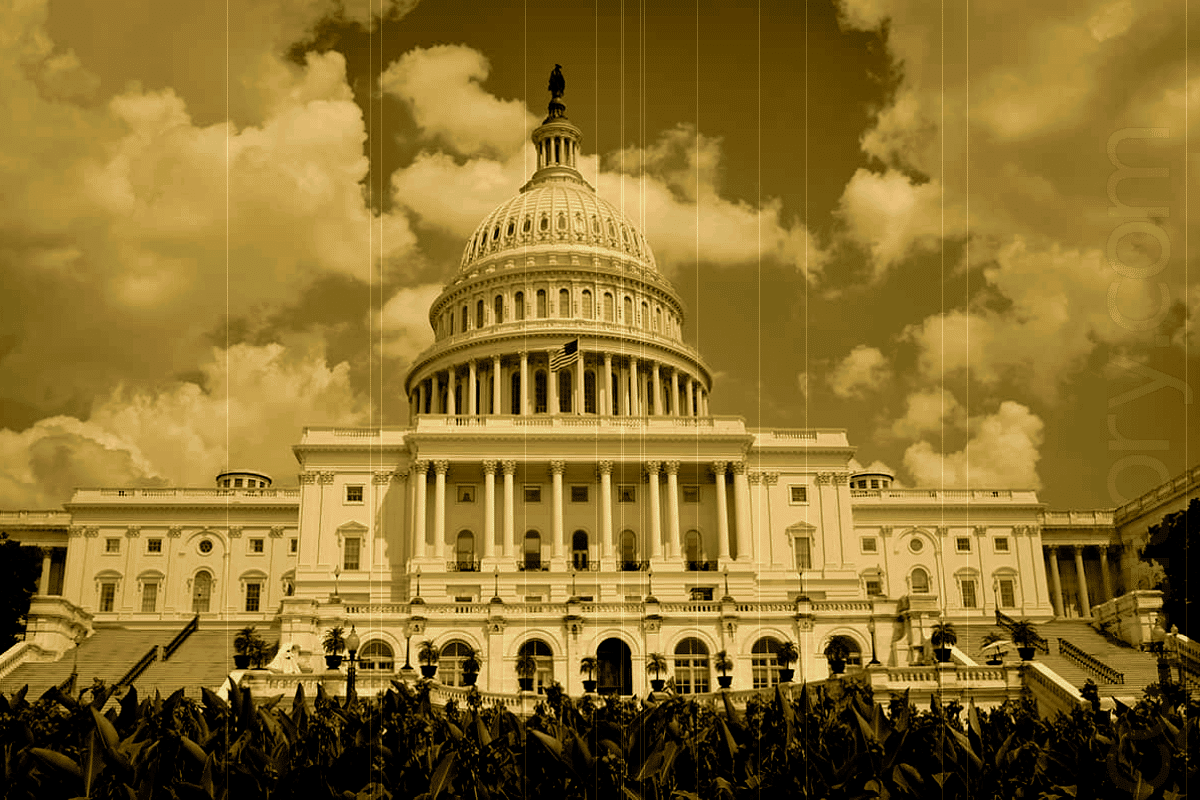
Panelists at the Wyoming Blockchain Symposium emphasized that while the U.S. still has a chance to catch up, swift crypto regulation is crucial or the country may lose its leadership in global crypto markets.
Sylvia Favretto, general counsel and corporate secretary at Mysten Labs (the team behind the Sui network), acknowledged that despite the European Union’s Markets in Crypto‑Assets (MiCA) framework, the U.S. can still align—though the window of opportunity is “small”, demanding immediate action.
Stuart Alderoty, chief legal officer at Ripple, underscored this urgency: “If we seize on the opportunity now and get the market structure right, I think we win. If we don’t… there is a very credible risk that we will lose out to the EU, to APAC, or maybe even to the Middle East.”
Summer Mersinger, CEO of the Blockchain Association, cautioned that achieving regulatory clarity may be protracted, as lawmakers and regulators must forge a cohesive crypto policy—a task made more complex ahead of the 2026 midterm elections.
Indeed, the 2024 U.S. elections granted Republicans control over the Executive Branch and Congress, opening a rare opportunity to pass pro‑crypto regulation. Yet, their men’s narrow majorities—seven seats in the House, eight in the Senate—may soon shrink, complicating the path forward.
Joe Doll, general counsel at NFT marketplace Magic Eden, warned that this two‑year window is finite: with midterm elections typically shifting power, a gridlocked legislature could derail crypto regulation entirely.
Marta Belcher, board president of the Blockchain Association, echoed the concern. She noted that as midterms approach, lawmakers become increasingly focused on re‑election, making substantive regulatory progress even harder.
In sum, panelists issued a clear warning: the U.S. must act now to develop a sound crypto market structure, or it risks being eclipsed by more decisive regulatory ecosystems abroad.







